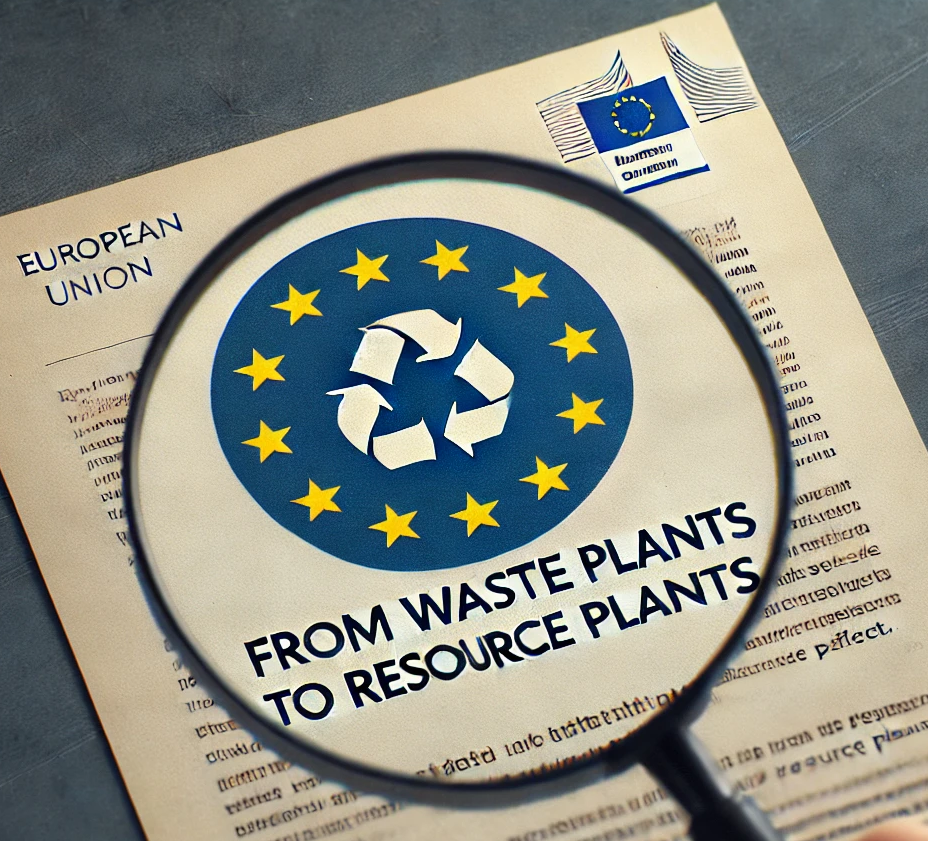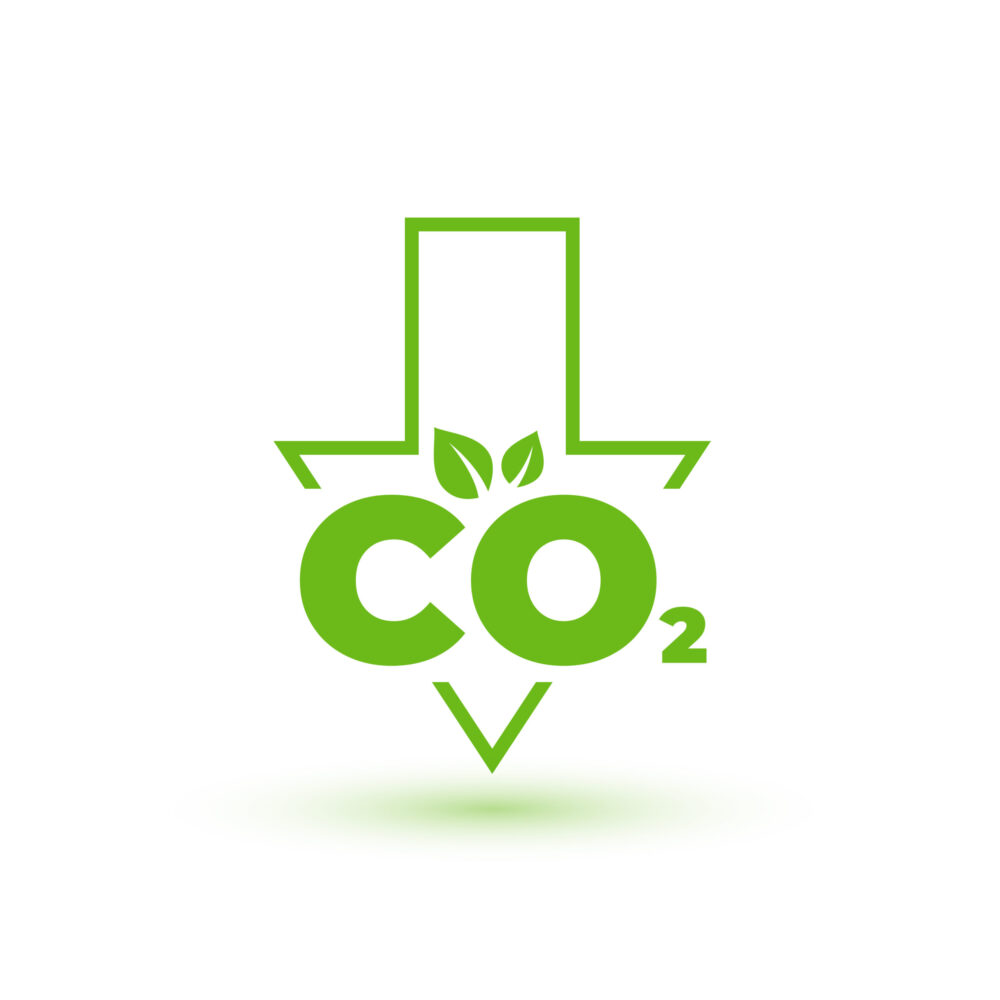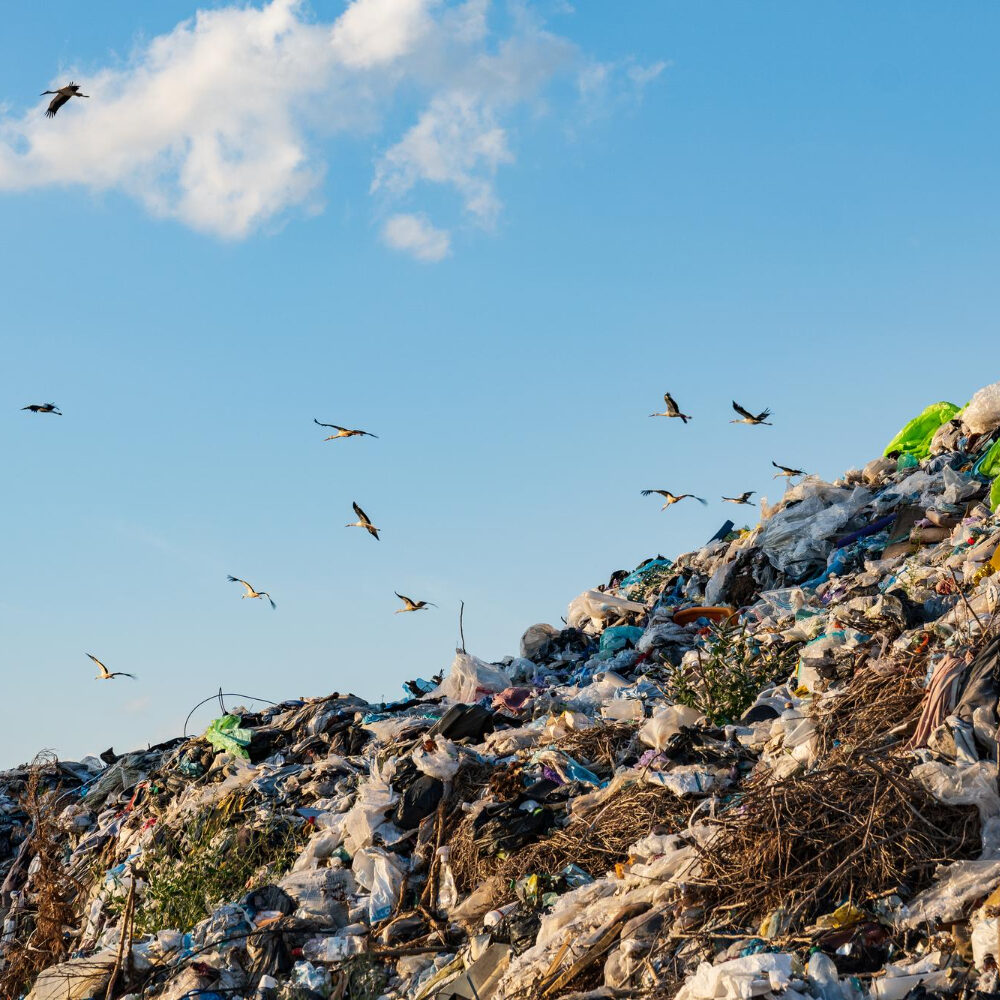The European Economic and Social Committee (EESC) is right, we need to prioritise resource recovery in WtE

Brussels – 5 November 2024
ESWET welcomes the recent opinion of the European Economic and Social Committee (EESC) “From waste plants to resource plants” about transforming waste management to prioritise resource recovery and circularity.
The EESC’s recognition of Waste-to-Energy’s (WtE) dual role in material and energy recovery is an important acknowledgment of its potential to drive resource efficiency. By treating non-recyclable waste, WtE not only recovers energy in the form of electricity and heat, but it also recovers valuable materials such as metals and minerals from incineration residues. Furthermore, with novel technologies and with the integration of carbon capture technologies in WtE plants, the sector can “produce locally sourced renewable and low-carbon hydrogen” and fuels to support climate mitigation.
This integrated approach reduces the environmental burden of landfills, which not only waste resources but also emit significant greenhouse gases and pose risks to air, soil, and water quality. The EESC’s call for a shift from landfilling to resource recovery underscores the need for more ambitious policies that leverage WtE as a sustainable waste management solution. Indeed, according to the EESC “Europe needs to promote the use of WtE and integrated resource recovery plants over landfills, as these enable solid waste to be processed to generate electricity and other output materials.”
With many Member States still heavily relying on landfilling, a shift towards integrated waste management that includes WtE is necessary. By saving energy and materials from waste that cannot be otherwise recycled, WtE helps to close the loop in the circular economy, contributing to energy security and reducing dependency on primary raw materials. This is strongly supported in the opinion, which points out that “recovering energy and materials from waste helps curb the need to extract fossil fuels and raw materials, and minimises the associated greenhouse gas emissions from extraction, while supporting energy and raw material security in the EU.”
Indeed, the EESC identifies technologies like waste-to-hydrogen, waste-to-fuels, and the recovery of materials from incineration residues such as bottom ash and fly ash as having significant potential to transform current waste management into a more resource-oriented approach. Harnessing these technologies would, therefore, make WtE a key contributor to the circular economy and decarbonisation efforts.
As the opinion stresses, stronger legislation is needed to recognise secondary raw materials recovered from WtE as valuable resources, setting harmonised standards across the EU to facilitate their use in industrial processes. This would help eliminate market barriers and create a level playing field between recycled and virgin materials. ESWET shares the EESC’s view that future waste legislation should prioritise material recovery, encourage technological innovation, and support the development of functional markets for secondary materials.
Financial incentives and investments in innovative technologies are essential to maximise the potential of WtE plants. The EESC’s recommendation for increased funding and support for R&D in resource recovery technologies is particularly relevant. What is more, the EESC opinion goes a step further and suggests that WtE should be recognised in the EU Taxonomy Delegated Acts, a proposal that ESWET warmly embraces.
In light of these points, ESWET urges EU policymakers to act on the EESC’s recommendations. While we acknowledge that the EESC opinion is non-binding, it presents noteworthy elements that should be considered by all EU institutions. The findings in the opinion provide a solid basis for advancing the role of WtE in the EU’s circular economy strategy.
The EESC opinion aligns with ESWET’s vision of a future where WtE facilities are not merely waste treatment plants but comprehensive, integrated resource hubs. We believe that with the right policy and financial support, WtE can play a crucial role in helping Europe achieve its sustainability objectives and drive the transition towards a truly circular economy.


